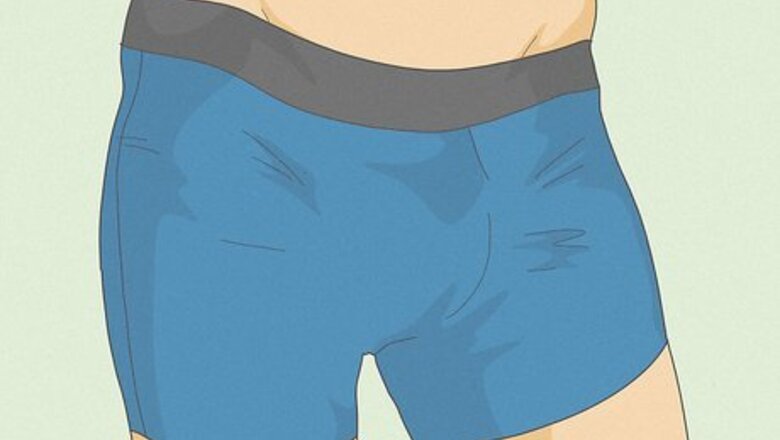
views
X
Trustworthy Source
National Health Service (UK)
Public healthcare system of the UK
Go to source
Resting after Your Reversal Surgery
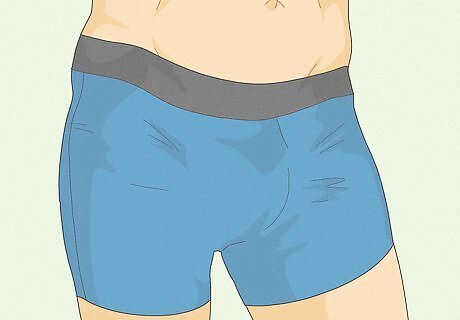
Wear tight-fitting underpants. You should wear supportive underwear immediately after surgery. Relatively tight, close-fitting underwear will give you greater comfort and support. Your doctor may supply you with a different type of supportive undergarment. In this case, wear what your doctor gives you. Do not wear uncomfortably tight underwear, as this will increase your discomfort.
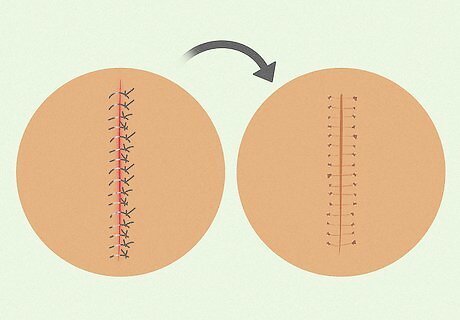
Wait for your stitches to dissolve. The sutures should be the type which dissolve on their own (rather than needing to be removed by a doctor). The wound will take seven to 10 days to heal. You will have both internal sutures (to hold together the ends of your vas deferens) and external sutures, to hold shut the small incision made in your scrotum. While you wait for the sutures to dissolve, it’s important that you rest and avoid activity. Occasionally, you can feel an end of the suture thread protruding. This does not mean that the stitches aren’t working; it is part of the healing process.
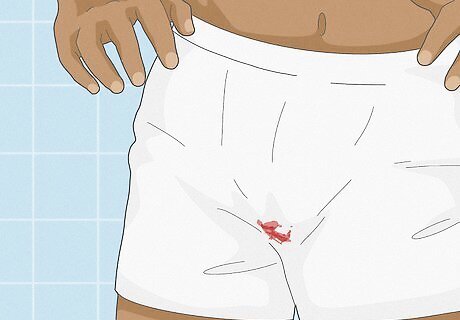
Don’t panic if you see light bleeding. It’s natural for the wound—especially the area around and between the sutures—to produce light spotting. If this happens, wipe away the blood and clean the area, then apply a sterile bandage. Repeated or serious spotting can indicate a minor infection. If you note frequent bleeding, see your doctor, who may prescribe you antibiotics. Consult your doctor if you notice serious bleeding; chronic, severe testicular pain; infection around the sutured area; or a notable decrease in the size of your testicles over time.
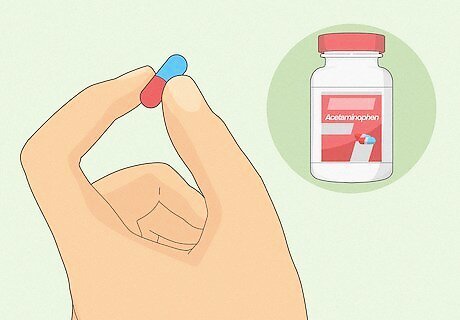
Take painkillers regularly if you need them. Taking painkillers regularly will reduce the pain from your reversal surgery, and help you recover more quickly. Acetaminophen (Tylenol) is safe to take following surgery and your doctor may prescribe you a painkiller as well. While a painkiller such as ibuprofen will reduce post-surgery swelling, it will also thin your blood and can increase light bleeding. Wait 48 hours after surgery to take ibuprofen. To avoid thinned blood during the surgery, do not take ibuprofen for a period of seven days prior to your surgery.
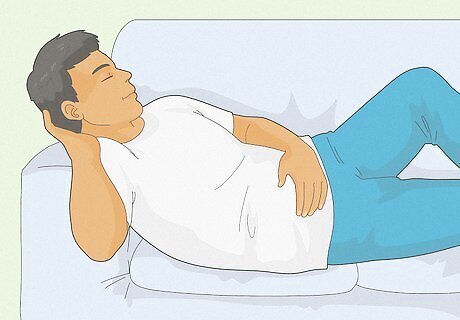
Rest on your sofa for a week post-op. Rest is vital for allowing the body to heal internally. You can get up and perform light daily and household activities — you can get up to get a drink or to make something light to eat — but you should avoid any more labor-intense activities. If you feel discomfort while you are resting, apply an ice pack to your scrotum. You may also use a scrotal support (for example, a rolled-up sock) to decrease pain while you rest. Since a vasectomy reversal is an outpatient procedure, you will not need to stay in the hospital once the surgery has been completed. That said, you should still rest extensively, almost as if you were still in a hospital bed.
Moderating Your Regular Activities

Don’t work for the first two or three days following surgery. This is the time your body will be most delicate, and you need to accommodate that by resting as much as possible. In fact, you should plan to not leave your house during these two or three days. If you work for yourself, then by all means take calls and answer emails but from the sofa, not your desk. Ideally, plan to take a full week off from work, and plan to spend most of that week resting on your couch.

Shower daily after the first 48 hours. Do not shower or bathe in the first 48 hours following your surgery. After this period of time, you should shower daily to keep the area clean. Gently dry yourself with a clean towel and place sterile gauze against the wound to minimize contamination.
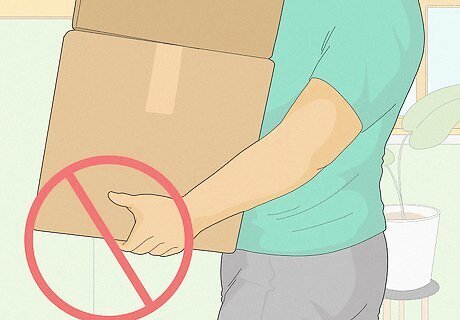
Lift nothing heavy for at least two weeks. This step should be taken seriously — avoid lifting anything heavier than a plate of food or a drink during the first two weeks. Lifting pulls on the abdomen which in turn can push down on the internal sutures. If you lift something heavy, the internal sutures can be torn apart. You may need to wait longer to resume strenuous or heavy lifting, in some cases you’ll need to wait for four to six weeks. Pay attention to your comfort and pain levels, and don’t push your body.
Avoiding Sexual Activity and Increasing Fertility
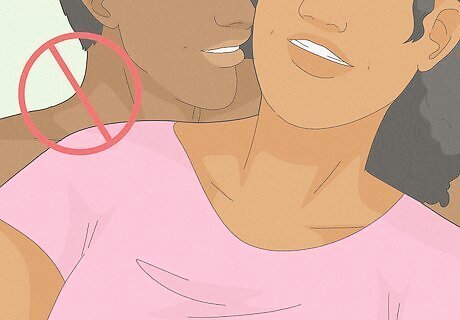
Don’t ejaculate or have sex for two weeks after surgery. It’s mandatory that you give your reproductive system time to heal following the surgery, and that you not force sperm through your vas deferens before it has fully healed. After the two weeks, once you feel ready, you can resume sexual activity. Follow your doctor’s orders with regards to resuming sexual activity. If, during intercourse or sexual activity, you feel pain (especially when ejaculating), stop the activity immediately. In some cases, it may take as long as 21 days to resume sexual activity.
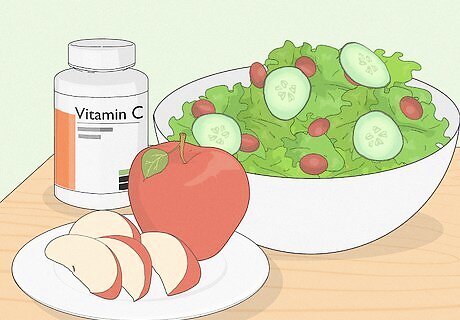
Eat nutritious foods. Not only will healthy eating nourish your body and allow it to heal from the surgery quickly, but the right kind of diet can also maximize your chances of a healthy sperm count. To increase your sperm count through diet: Focus on fruits and vegetables. These will improve your fertility — aim to eat five or more servings of fruits and vegetables per day. Avoid dairy and meat products. These have the opposite effect: they lower your sperm count. Cheese consumption specifically has been tied to a lower sperm count, and meat also lowers fertility. Also decrease your dietary intake of saturated fats and cholesterol. Take a Vitamin C or multivitamin tablet daily.

Control your expectations of returning to full fertility. A vasectomy is considered a permanent procedure — although vasectomy reversals are common, the chances of success are variable. A vasectomy reversal will be most successful if performed within 10 years of the vasectomy. Over time, the likelihood of a successful reversal will decrease. In cases of a long wait (longer than 10 years) between the vasectomy and the reversal procedure, some males can develop antibodies to their own sperm. It may take between four months to a year for your partner to become pregnant.

Resume sexual activity at a rate you’re comfortable with. A vasectomy — and subsequent reversal — can be an emotionally taxing process — not to mention the discomfort and anxiety associated with having surgery in such a delicate area. Talk with your partner, and let them know any anxieties or discomfort you may have. Start slow — you don’t need to immediately resume at the level you were having sex prior to your reversal procedure. Both you and your partner should only engage in activities that you’re comfortable with. That said, frequent ejaculation will help keep the pathway through your vas deferens open for sperm.


















Comments
0 comment